One of the many joys that emerged this year through The Cultivating Project is making the acquaintance of Allen Arnold, author, publisher, and Executive Producer of Content for Wild at Heart–a ministry founded by John Eldredge. Introduced to each other only a few months ago through our mutual friend Nicole Howe, Allen and I have been embarked on a slowly unfolding discovery of how deeply parallel our ministries are and also where they intersect. The discovery of finding someone who labours so passionately in the same fields of concern and conviction is one of the greatest shields against despair – the knowledge that we are not alone. For both my husband Peter and me, meeting Allen has been an experience of “What? You too? I thought I was the only one!” I greatly look forward to seeing what the Lord does with each of us in the days ahead.
It is my joy and privilege to share this interview with you and facilitate your own acquaintance with Allen Arnold. This is a lengthy interview – fascinating, nuanced, and full. So settle in and enjoy. You will be far the richer for it!
LES: Allen, thank you so much for sharing your time and thoughts with Cultivating. It is such a joy and honour to have you join us!
You worked for many years in advertising and then with Thomas Nelson Publishing. Of necessity, publishing as an industry is a very driven and very pragmatic field of work. While it produces creative works, the work of publishing in itself is not exactly creative as an artistic expression. There are so many elements that are driven by sheer logistics and managing a long series of logistical decisions. Then something happened and you became drawn into the world of creative work itself. Did you transition from working purely logistically or did you find a bridge between the pragmatic to the creative? A bridge between the left and right brain approaches?
AA: Overall, I loved my time as a Fiction Publisher. It was one of the most creative experiences of my life and it brought the thread of Story that ran through my earliest days to fruition in powerful ways.
I had the rare opportunity to start a Fiction division from scratch at one of the largest publishing houses of the time. Thomas Nelson Publishing began in 1798. And while the non-fiction divisions had dabbled in publishing a few novels over the years, there was never a dedicated Fiction team for the first 200 plus years in the company’s rich history.
Yet…as you say, the publishing industry is an industry. And regardless of how many good people work in an industry, the problem is that over time, industry people begin to give industry answers. They begin to see the end product through the eyes of the industry. That’s a problem. Because any industry eventually bogs down when they attempt to take the fantastical and make it into a formula. Especially a highly creative industry like publishing.
But it’s human nature to try and bottle success. Hey, this worked this year. Let’s create something like it and expect the same results next year. Once a book hits big, everyone races to do a similar book. And an author whose book became an overnight sensation is then expected to make lightning strike again and again. “Ideas on demand” may sound great, but it isn’t actually a reliable or even kind way for an author to give birth to stories with an eternal spark. That’s why it rarely happens. And why so many good creative people burn out.
That’s not meant to be a knock on the publishing industry. They have a business to run. They have to keep the lights on and pay the staff. But it does offer a partial insight into how—over time—a creative industry can get stuck or grow stale. My hope is for a renaissance in publishing. I hope that ideas will begin to matter more than social media following. That new and unproven will be a better risk than known formulas. And that excitement will accelerate for the best stories more than the least risk.
Let me wrap this question up with the story of how I became a publisher of Story. I was a Marketing VP within Thomas Nelson at the time, overseeing our major book promotions. One evening, the Spirit prompted me to start writing down some ways we could grow our company. That night, in a scene reminiscent from the movie Jerry McGuire, my fingers flew across the keyboard as I crafted a document of all the ways we could change things for the better. As soon as it was done I hit send and emailed it to the group publisher, Michael Hyatt. He’s one of the most generous and creative people I’ve ever worked for…and would soon be the president of the entire company. And he was several levels above me.
The next morning, I received an email back from him with one of the world’s shortest responses. “See me in my office.” There was no, “Hey, love your ideas!” or smiley face emoji. I began to panic. What had I done? Who was I to make radical recommendations for areas of the company I had no authority over.
Minutes later, I sat in his office. He was holding my document. He calmly asks me to read aloud my ten suggestions to him, one at a time. After I read the first one, he pauses and says, “Good idea. Why don’t you spearhead that initiative.” I awkwardly replied, “Well…I don’t really have an interest in doing that. I just think someone should.” He nodded slowly and motioned me to read the next suggestion. That painful process of my idea followed by my decline to be the point person for doing it repeated itself ten times. By the end, I was sitting much lower in my chair. If I had the superpower of going back in time to change the present, I would have tapped into it here.
There was just silence for a good minute. A long minute. Then Michael set my list face down on his desk and said, “Hey Allen, I get it. There are several things I’d like to see happen around here but don’t really have an interest in doing them myself. For instance, I’d love to see us start a Fiction division one day.”
I sat up straight again. Growing up, comics and novels, and stories of every kind had been the fuel for my spirit, heart, and imagination.
“I love Story. That sounds exciting to me.”
“Then do it,” he said as casually as if he were inviting me to get a cup of coffee.
“Um, do what?”
“Be the Fiction Publisher.”
“That sounds great except I don’t know how to be a publisher.” In those days, the path to being a publisher was pretty rigid. You cut your teeth as an editor, then an acquisition editor, and then a few ascended to the role of publisher. It was shrouded in mystery. A modern-day Christian version of an alchemist who magically created books in his office.
I continued. “I wouldn’t know the first step.” He smiled. “It’s simple. You walked into my office a marketing guy. Leave as a Fiction Publisher. I’ll help you. You’ll do just fine.”
And I did. I walked out as a Fiction Publisher. In less than two months, I came up with a name for the division, a logo, a list of first authors and titles, and a new team.
I didn’t believe in doing things the way they’d always been done, which made sense. Because I didn’t really know how or why they’d been done that way to begin with. Instead, I just approached it like I’d want to be treated if I were a creator of Story or an avid reader of Story. I looked for the ideal way was to bring stories to life and to be accessible to authors and readers. Some experiments failed on an epic scale. Others succeeded wildly. It was a Camelot season where many great stories were born and I felt like a conductor orchestrating a symphony filled with immensely talented creatives. In that decade, I was the publisher of more than 500 novels. All because I jotted down a list of ideas that the Holy Spirit nudged me to do. A list of things I didn’t want to do. And because a man named Michael Hyatt believed I was capable of doing the thing I didn’t even know I had the potential to do.
During that decade when I was publishing all those books, I never once imagined that I’d ever write my own books. Thankfully, God also knew I was capable of doing things I didn’t even know could be possible. But to do them – to live into them – I would have to become a new man before any of that could happen.
LES: One of the great hindrances I see come up for Christians engaged in the arts often is a kind of church-cultural embedded fear of the creative work itself. There is a long-standing suspicion that creative work could or does lead to the “dark side”, or that it could lead one “astray.” (Sadly, the media makes sure we are all aware of creative individuals destroyed by their creative drives.) I’ve seen this fear especially with novelists who are trying very hard to walk the narrow path with Christ and are fearful that if they suspend themselves into the creative streams from which great novels stem, that they will get lost spiritually. ‘Knowing’ we are made in the Creator’s image – made to create does not necessarily make a safe boundary for people creating art about difficult things or dark experiences. From your perspective, having walked with hundreds of Christian fiction authors through their process of bringing books to print, what makes it spiritually and mentally safe to do creative work?
AA: Lancia, this topic is a major passion issue for me. Okay, deep breath. Here we go.
God is the most creative being ever. We worship Him. We love Him. But then we somehow have a hard time viewing creativity as He does. Instead, we try to tame creativity. Or turn art into lessons. Or put boundaries where God did not.
The very first way God makes Himself known in Scripture is as Creator. It’s right there in Genesis 1:1. “In the beginning, God created…” And He didn’t create from a place of fear. He didn’t create down a “narrow path” worrying what others would think. Creation was a joyful process.
Imagine you were invited to observe God actually creating the birth of our universe. The stars, the wildflowers, the stallions, the oceans, humpback whales, ladybugs, redwood trees, snowflakes, and waterfalls. Do those look like the work of a hesitant creator? Proverbs 8 gives us an inside, intimate glimpse of creation—through the personification of Lady Wisdom. Notice how the creation process is more like a dance of delight than grueling work.
Lady Wisdom is at God’s side. She refers to Him as a master artist who was filled with delight. Creation was—and IS—the antidote to chaos. It filled the empty void with beauty, purpose, life, and order. And notice how wisdom is represented in her. Not as some stuffy professor or the elderly protector of dusty books or rules or formulas. She is vibrant. Playfully rejoicing before Him. Laughing. Playing. Happy. Delighted. That is the atmosphere God created for His creations. Doesn’t that bring a smile to your face?
When I started the fiction division, I never saw it as a Christian Fiction division. It was a place where Christian authors could tell all kinds of stories to the world. That’s an important distinction. As C.S. Lewis said, “What we want is not more little books about Christianity, but more little books by Christians on other subjects – with their Christianity latent.”
This mindset is so freeing. It pretty much takes away the issue of whether a novelist should write Christian or General fiction. When you’re creating a story, simply write it true. Let others wrestle with how to categorize it later. In creation, God didn’t create Christian mountains or oceans or elephants. He created each of these in trueness. Do the same.
LES: Allen, you have been very generous in sharing about your journey of learning what it is to be a man and moving through early years of workaholism to finding a better way to be and to lead. One of the significant factors in that journey has been you becoming aware of needing to take care of your heart even while taking care of others? That is a difficult transition for many of us who have grown steeped in both the work ethic that says work is what gives us value and the Christian ethic that taking care of others must be our primary focus and that not thinking of our own needs is what it means to follow Christ. How do you reconcile those two ethics with what you have learned through tending to yourself as a human being?
AA: It all comes down to being before doing. Do we believe God desires our presence more than our performance? Or does God love us more when we do more…and less when we have nothing to offer?
In my thirties, I was leading several marketing teams in my publishing career. My motto could be summed up by the fortune cookie saying I taped to my desk: “The one who says it can’t be done should get out of the way of the one doing it.”
Ultimately, my boss at that time took me to lunch and asked if I was aware that everyone on my team thought I was a hard-driving jerk (that’s the PG version of what they thought). The only reason they tolerated me was because of the success we were having. In other words, they put up with my presence for the success that it produced. Hearing that was an immense blow to me. But deep down, I knew it was true.
I was not an easy man to work for. Or an easy man to be married to. I loved my wife deeply but had no idea how to care for her heart, much less my own heart. Who had time for that? I was a highly productive, busy, “get it done” man. I had little grace, mercy, or tenderness for others…or myself.
I’m forever grateful that my boss at the time had the courage to confront me rather than simply fire me. He somehow was able to see the man I could be—and gave me an opportunity to begin anew. I was assigned a life coach who helped me grow in empathy and in seeing my effect on others. The transformation over the next year was painful…and beautiful. At least on the outside.
In the middle of this time, I became the Fiction Publisher, which meant I had an all-new team. They only knew the new me. And I genuinely was a kinder boss. In fact, I was willing to take a bullet for all who worked for me. If anyone had to stay late, it would be me. If there were layoffs, I’d do everything possible to protect my team. I became the boss everyone wanted to work for rather than run from.
But here’s the thing. On the inside, in the unseen places, I was still a hard driver. But now the only one I was driving hard was me. I was doing my best to care for the hearts of others…but not my own heart. I believed I was only as good as my last success. If I wanted to be more, I had to do more. Then wake up tomorrow and do even more.
My rescue came through a wild invitation from God. One that finally brought me to the end of myself.
LES: You’ve written a remarkable story titled The Story of With. Would you share a little about the story behind this story? How did this story come to be?
AA: That story could have never come from the man I was. In fact, the old me would hate the message of The Story of With. I was totally focused on productivity and had little awareness of presence. I did all I could to control my days. I was happy to do a lot for God, but I had no idea what life with God meant.
I had been a fiction publisher for almost a decade when one day I received a call from John Eldredge, the author of Wild at Heart. A big part of my recovery from the self-made life had come through his books and events.
He invited me to be part of his team in Colorado. To join their ministry.
I was honored but had no intention of leaving my role as a publisher or uprooting my family to move across the country. Too much risk. Too many unknowns. I declined his offer in the call, and I’ll never forget his response. “Hey, I hear you. But before we hang up, I want you to know we asked God about this before the call and He told us you are going to join the team.”
It was one of the most disruptive moments of my life. I was used to saying no and moving on. I hadn’t even thought to ask God. But I knew at that moment I needed to ask God. And when my wife and I did, it became abundantly clear that God was inviting us into this new frontier.
I thought the journey was from a corporate publishing job to a ministry role. And it was. But far more, it was actually God inviting my wife and me into a journey of sonship and daughterhood. A life lived actively with God. And that was ultimately what led to me learning—in my forties—what being a son really meant. From that journey, The Story of With was born.
LES: You have shared about The Story of With across a wide range of media, and you offer coaching for Christian writers of fiction and non-fiction find their voices and develop better manuscripts. You are patently generous in sharing the book. It is clear that all this effort is more than just about promoting a book, it is a life calling. Your life calling. What is it that you are hoping as an outcome for The Story of With and the work that you do in sharing this message?
AA: At what I thought was my final writer’s conference before transitioning from publishing to ministry, I was leading a somewhat forgettable class on social media. Right in the middle of that session, as I’m teaching, the Holy Spirit spoke the following words within my heart:
“Your new mission is going after the hearts of creatives.”
I tried to carry on with my slide on marketing metrics like I hadn’t just had an encounter with the living God. But I wasn’t the only one disrupted. A woman on the front row began to cry. Another in the back raised her hand and said she sensed something was going on spiritually in the room which was true. It was. But I was too disoriented to share what I heard. So I did my best to wrap up the session coherently. Yet I walked out of the room with nothing short of a new life mission.
The wild thing was I had no idea what it meant. At God’s earlier invitation, I agreed to leave my more creative publishing world for a ministry role. Wild at Heart wasn’t specifically focused on creatives. So the words made no sense to me.
It was like the Spirit told me I now had a new favorite food. One that didn’t exist on earth and that I’d never tasted—but one that I immediately began to crave. From that moment, God began opening doors for me to speak on the topic He had infused me with. Conference planners would call and say, “We don’t usually invite people to be a keynoter or lead a class in this way, but, well, God told us to include you in our event and that you would know what you were supposed to speak on.”
And that began this wild journey. My heart is drawn to creative bohemians across all arts and talents. Though my talks are uniquely crafted for each group, the foundation is always some variation of creating with God.
I am convinced that God instills specific talents and interests into each of our DNA from before we are born. It acts as a homing device. As we pursue our deepest longings, we are drawn to the Giver of those longings.
My desire is to help people discover and live this new definition of creativity: God-infused creativity is using our presence and our gifting to bring something new into existence in a way that changes people and the atmosphere for good.
I am hungry to let people know that God’s primary desire isn’t that we do things for Him…but rather than we do all of life with Him. The doorway to greater intimacy and greater creativity begins when we pursue our dreams with God as His sons and daughters. God never downsizes those dreams. Instead, He tells us to dream bigger dreams, the kind only possible with Him.
That process is never a formula. Your art will look different from everyone else’s art. And that’s as it should be. God created mountains, sea otters, oceans, and oak trees. None remotely the same. All unique and all essential to creation. Bring us your original ideas. That’s what we don’t have yet. That’s what we need.
Let your art blaze with your unique signature. Then…invite us there.
LES: Why, in a nutshell, does Story itself matter so much?
AA: Quite simply, Story matters because God created our reality to be experienced through Story. That is how He designed the universe…and us. It is how we interpret life. It is how we learn to love and trust and risk and dream. It is how we tell others who we are and why we are that way. And—it is how we come to know God.
The majority of the Bible is story, not doctrine. When you strip away the story, you are left with rules without context. You have religion without relationship. Yet God is the least religious being you’ll ever know. Humans created religion. God desires relationship. His focus is to heal our hearts and set us free (Isaiah 61). Why? So we can get busy doing things for Him? No. Primarily for relationship. So we can do life with Him.
“I don’t want your sacrifices—I want your love; I don’t want your offerings—I want you to know Me. (Hosea 6:6, TLB)
LES: One of my favourite things about your website is the image on your home page with the quote from you saying, “An extraordinary life is never achieved through ordinary choices.” Would you expand on that for us? How do you define an extraordinary life? What are ordinary choices? This is a highly significant issue at Cultivating since we talk repeatedly about the power of cultivating small choices carefully and intentionally that over time accumulate into a life well-lived.
AA: Hard times can be good. I know, it just sounds wrong. Like saying kryptonite can be good for Superman. Or flutes can be good for country music. Or, well, you get the point.
But God doesn’t tend to equate easy with good—or hard with bad. The stories of those who walked with God in Scripture—David, Esther, Joseph, Moses, Mary, Noah, Daniel–all went through extremely hard times. Not before they knew God, but as they walked with Him.
The hard times shaped them. They had no upfront guarantees, they persevered. And because of that, we continue to tell their stories today.
Good and easy are rarely on the same path. But good and hard often are. Being in over our heads is often God’s way of taking us—and our creativity—to deeper places.
Have you noticed how most movies—no matter how different on the surface—involve a story of a person or team overcoming seemingly impossible odds? Usually at great cost to themselves and those they love. The higher the stakes, the more we lean in. The best part of the story is always that moment when the hero overcomes whatever is set against her or him. When good beats evil. When love conquers fear. When life defeats death. It’s in that moment that the hero finally discovers the power of their true identity. But it didn’t come easy. They had to go on a journey that required them to step out from the safety of the known into the risk-filled unknown. The protagonist starts the movie one way and, by the credits, is in a totally different place. Even if the physical location remains the same, they are different. Through great testing and unlikely odds, they go from living a self-focused, smaller story to a much larger story. Along the way, they discover what they are capable of, what matters most, and who they really are. And the fulcrum that creates this transformation is almost always…hard times.
But imagine if, at the start of the movie, the protagonist opted out of the journey. Instead of pursuing the call to adventure, they settling for the safety of the status quo. They choose the comfort of their couch, satisfied with a bowl of ice cream and their favorite app. There may not be anything wrong with that – but it sure doesn’t make an exciting movie. Or life. When a hero in our favorite movie faces impossible odds, we lean in. We know the best part is beginning. It works in movies because it works in real life. Though we may not have ever put words to it, we intuitively know it’s true. That’s why no one watches a movie where nothing happens.
What if God is using (even though not necessarily causing) your hard times to initiate you for something yet to come.
What if He needs you to be ready for a coming season – and the way to get from who you are to who you can be involves going through the very things you’re currently facing? Wouldn’t knowing this change your view of your current hard season?
LES: What is the most important thing that Cultivating readers need to know about The Story of With? What is the core idea that you want to give your readers and have them really understand?
AA: The invitation of The Story of With can be summed up with these words:
What if all that has held you back isn’t your fault? What if you’re simply living in the wrong realm? We all spend our lives in one of two places. We can’t alternate from one to the other, like trying on a new pair of clothes. The two are actually in fierce opposition to each other.
Your realm is the place you exist. It colors how you interpret everything about your life. It’s your outlook or perspective. It affects how you see yourself and how others feel when they are around you. It influences what you pursue and what pursues you. It has a huge impact on your identity and your imagination. Each realm even has its own language of bondage or freedom.
In the first, we live and pursue life as if it were all up to us. Whether we fail or succeed, we do it all in our own strength. That means we only have ourselves to blame or credit. It is a place of doing more—because we’re evaluated on what we do. I call this the Orphan Realm and I was a long-term resident there.
Those who live in this place go through life overwhelmed, disheartened, and isolated. We end up losing ourselves in the expectations of others. We realize no matter how much we give, is it never enough. The path we thought would be satisfying eventually sucks the marrow from our weary bones.
You can believe in God and still miss life with Him. You can know about God and still live as an Orphan.
The goal isn’t just to escape what isn’t working, it’s to be free from that way of living. The foundational shift requires moving from a life of independence and self-reliance to a life wholly dependent on God. I understand how this may sound passive if you’re used to making things happen. Yet it is actually an extremely courageous decision that invites you into an unscripted life without limits. God sees farther and better than you. Why not run with Him instead of alone in the dark?
Living with a dependence on God rather than yourself is only available in the second realm—a place where we pursue our life, love, and creativity with God. I’ve named this the Freedom Realm.
For too long, we’ve lived without hopes and dreams. There is a better way. It is the story of with.
LES: Allen, how has carrying the seed of the original idea for The Story of With through the process of writing, publishing, and now stewarding this message changed and created you? Has it changed your marriage and family life?
AA: It has changed me in so many significant ways. This project was my first experience of bringing an idea to life actively with God. It wasn’t a topic the industry was asking for or was interested in. That was in part because even though I knew everyone in the industry, I wasn’t a proven or known author. It was in part because they didn’t have any proof of an allegory with some teaching working. And, frankly, the message of freedom over formula and letting go of the illusion of control is a somewhat disruptive invitation that didn’t seem to resonate with at least some of the industry gatekeepers.
The lack of interest was something I had to guard my heart against. I had to fight the enemy’s lies that if anyone should know how to secure a book contract, it should be me. After all, I’ve read thousands of book proposals. I know what buzzwords and statistics garner the attention of an acquisition team. I spend my days coaching writers. And yet the book I am offering is greeted by silence and yawns.
My choice was to either bring the story to life that I had created with God…or turn it into something other in an attempt to make it more marketable or tap into current trends. I certainly knew how to do that…but couldn’t. I felt God’s nudge to self-publish it. The entire process was incredibly freeing. I worked with a phenomenal editor and cover designer that I knew from my days in publishing. I knew this was an evergreen message. It was exactly what the Holy Spirit invited me into four years earlier at what I thought was my last writer’s conference.
This message is one I’m not just writing about but seeking to live. It has impacted my marriage and our family life in profound ways as well. I’ve discovered the best way to be a better husband is to first learn how to be a son of God. The best way to be a better father? Yep, to first learn how to be a son of God. That is the foundation for transformation.
LES: When you survey the course of your life, Allen, how do you see the faithfulness of The Lord bearing itself out for you and leading you into your calling?
AA: Story has been the way God has romanced my heart. That process began long before I even understand why either story or the heart mattered. As a boy, I was mesmerized by comic books. Superman, Batman, Firestorm, The Justice League, The Flash. These heroes captured my imagination and gave me an early taste for what courage, strength, and sacrifice looked like.
I became a voracious reader of novels and short stories. And though it all, God was wooing me to Him one page and one story at a time.
In college, I was drawn to advertising. If you think about it, the best television and radio commercials are the ones that tell a story. I ended up working for some of the top advertising agencies. But soon realized I was part of a highly creative community that had little interest in the Creator. I remember in those early days spending my lunch break alone in the parking garage reading Frank Peretti’s This Present Darkness or C.S. Lewis’ Space Trilogy. The stories were like smelling salts that wakened me a deeper reality.
Around this time, I was in a bookstore and stumbled (literally ran into) a cardboard display. One of the books tumbled out. As I picked it up, I glanced at the title, The Paradise War. My heart skipped a beat. It was a sense of discovering your new favorite book before you even knew what it was. I sensed God’s nudge to buy it. It was the first book in a new trilogy—The Song of Albion by Stephen Lawhead. It was unlike anything I’d ever read. Celtic. Fantasy. Yet rooted in our reality. And a thread of God’s presence was woven through it without ever being heavy-handed. It awakened me to what was possible in Story.
Ultimately, I left the advertising world to use my skills to promote something more eternal than Pepsi or pizza. I entered Christian publishing and began promoting books by Billy Graham, Max Lucado, and Ravi Zacharias. Once again, God was using Story to woo me.
When I eventually became the Fiction Publisher for Thomas Nelson Publishing, I was introduced to an agent in Times Square. Stephen Lawhead was one of his authors. I shared my love of his books and my desire to be his publisher. The agent was polite but made it clear that wouldn’t happen because Lawhead wrote for the general market. My tenacity kicked in. I asked the agent to simply include me with the other major general market publishers the next time he was pitching a new Lawhead project. I was fine with close to zero odds.
Incredibly, the agent did include me. The project was a series on Robin Hood reimagined in a new setting and time period. Rather than just confirm my interest in an email, I decided to think outside the box. Actually, I thought of a box. I commissioned a Hollywood prop-master to create a large box (about the size of a coffee table) from the time period the novel would be set in—around the 13th century. He chose the right wood, used flathead nails, and then I filled it with a bow and three arrows. They were props from a movie that took place in ancient times. My pitch for why he should partner with me was written in calligraphy on aged parchment paper, bound with a silk ribbon, and sealed with a blob of hot wax. I sent one of these bow and arrow boxes to the author in England and one to the agent in Times Square. And, okay, I’ll confess. I had one made for me because it was too cool not to.
That creative stroke ultimately won the attention of the author and the agent. I eventually became Stephen’s publisher and friend. The partnership produced eight new books—including the King Raven trilogy. But the most stunning part was how God orchestrated for me to become the publisher of the very series that I originally read all those years back – The Song of Albion series. The series that showed me what great fiction from a Christian worldview could be. When I republished the series, Stephen and I even did an author/publisher Q&A in the back of each book. Talk about everything coming full circle as only God can make happen. I still have my box with the bow and arrows in my office today. It’s a reminder of how impossible dreams can come true in ways beyond our wildest imagination. What seems impossible is more than possible…with God.
LES: Would you like to give us a glimpse into your new book, Chaos Can’t, and the story behind it?
AA: I was moved to write this book because I experienced firsthand the negative impact chaos was having on my heart and my art. My friends in the creative community—as well as those I coach—were experiencing the same phenomena.
My sense is that chaos isn’t a random force, but is actually targeting us in unique ways. It is a force that the enemy uses to steal, kill, and destroy our dreams, our hopes, and our creativity. The reason it seems like chaos is moving against you in strategic ways designed to take you out…is because it is.
We’re dealing with an ancient force that takes modern forms. As you’ll see, it has a special hatred for the Creator, creation, and our creativity. I wanted practical answers but understood I had to enter into mythic waters and eternal truths to get beyond surface tips and techniques. I suspect you’ll be astonished to discover what’s really going on—and the significant role you have to play.
For now, I want to offer you some upfront hope.
God is eternal. Chaos is not.
God created you for such a time as this. Your situation is not too much for you…or God.
In your Story, the storms nor the scars get the final word. God does.
Your creativity actually can bring order from disorder. It is a weapon of light.
Yes, in this moment, chaos can do some real damage. But it can’t overpower God. It can’t defeat you. It can’t stop your creativity. And it can’t ultimately win.
Chaos can’t. But you can.
The book releases October 10 via Amazon.com.
LES: Allen, how can we best pray you?
AA: Wow. What a generous question. Just for me to stay expectant and in awe and grow ever deeper in love with my Creator, Father, and best friend. Also, I would welcome your prayers for the release of Chaos Can’t…which really isn’t a book about chaos as much as a book on how God—and we—can overcome and reshape what comes against us. It is a telling of how our creativity can be a light used to fill the empty and void places in this broken world.
The images used in this interview of Allen Arnold are (c) of Blaine Elderage and used with his permission for Cultivating and The Cultivating Project.
Allen Arnold is the author of The Story of With and Chaos Can’t. He regularly mentors and speaks to the larger creative community, helping them pursue their art and their hearts actively with God. From the mountains of Colorado, he is the Executive Producer of Content for Wild at Heart–a ministry founded by John Eldredge. Before that, Allen spent 20 years in Christian Publishing. As the founding Publisher of Thomas Nelson Fiction, he oversaw the launch of more than 500 novels and received the American Christian Fiction Writers Lifetime Achievement Award in 2012. He loves blue oceans, black coffee, hot salsa, and big ideas. For videos and blogs on creating with God, visit www.withallen.com
Lancia E. Smith is an author, photographer, business owner, and publisher. She is the founder and publisher of Cultivating Oaks Press, LLC, and the Executive Director of The Cultivating Project, the fellowship who create content for Cultivating Magazine. She has been honoured to serve in executive management, church leadership, school boards, and Art & Faith organizations over 35 years.
Now empty nesters, Lancia & her husband Peter make their home in the Black Forest of Colorado, keeping company with 200 Ponderosa Pine trees, a herd of mule deer, an ever expanding library, and two beautiful black cats. Lancia loves land reclamation, website and print design, beautiful typography, road trips, being read aloud to by Peter, and cherishes the works of C.S. Lewis, J.R.R. Tolkien, and George MacDonald. She lives with daily wonder of the mercies of the Triune God and constant gratitude for the beloved company of Cultivators.
Leave a Reply
A Field Guide to Cultivating ~ Essentials to Cultivating a Whole Life, Rooted in Christ, and Flourishing in Fellowship
Enjoy our gift to you as our Welcome to Cultivating! Discover the purpose of The Cultivating Project, and how you might find a "What, you too?" experience here with this fellowship of makers!
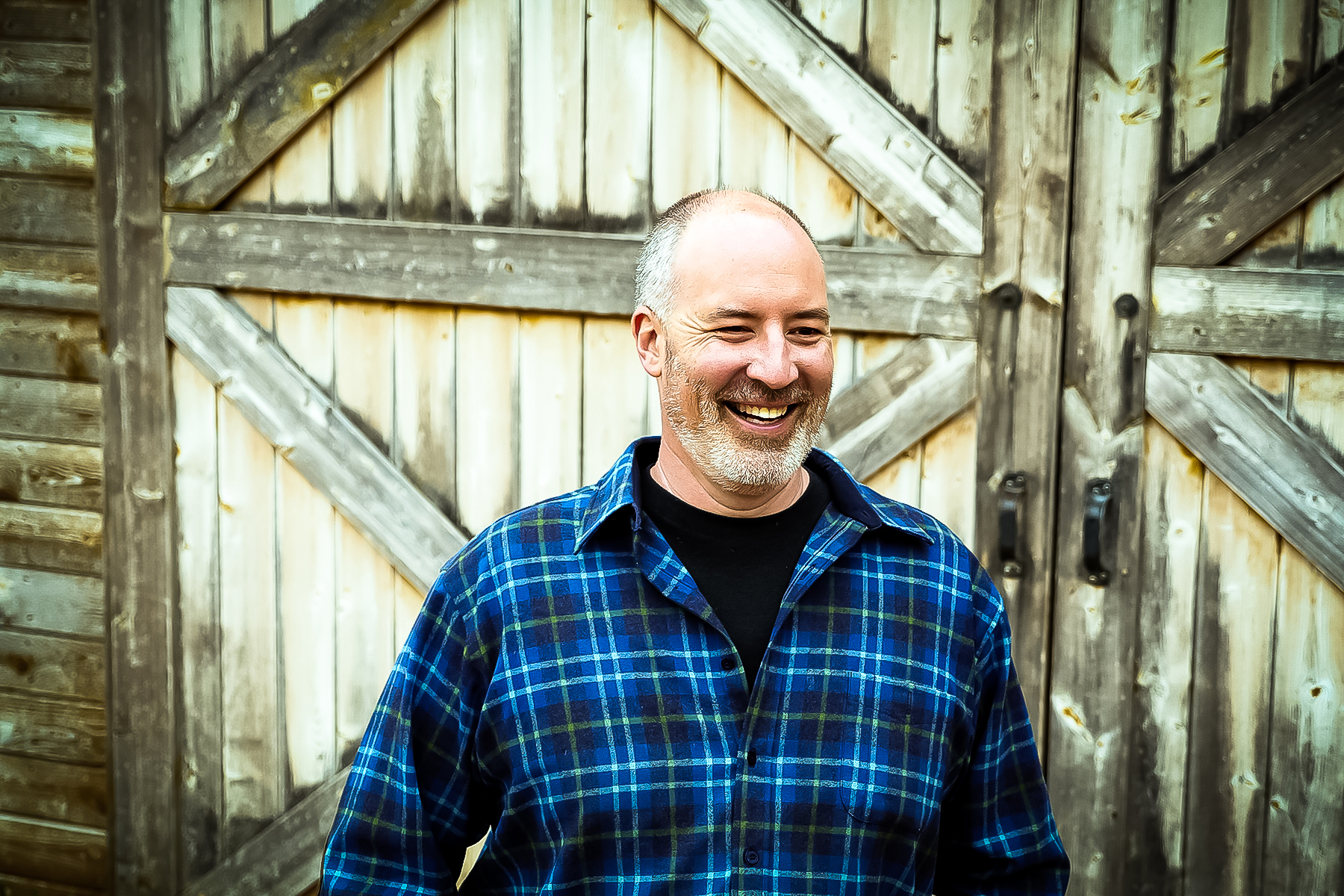
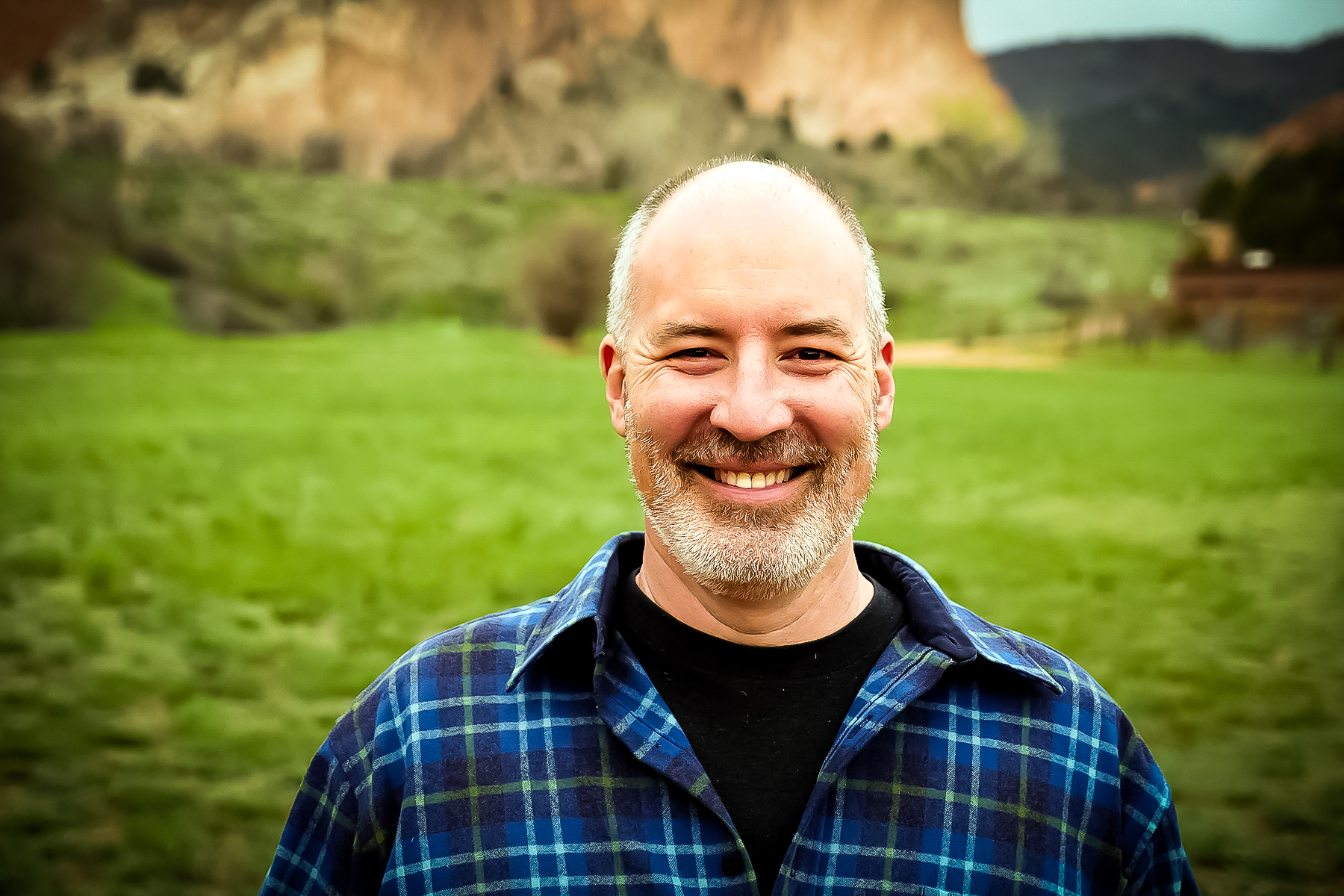
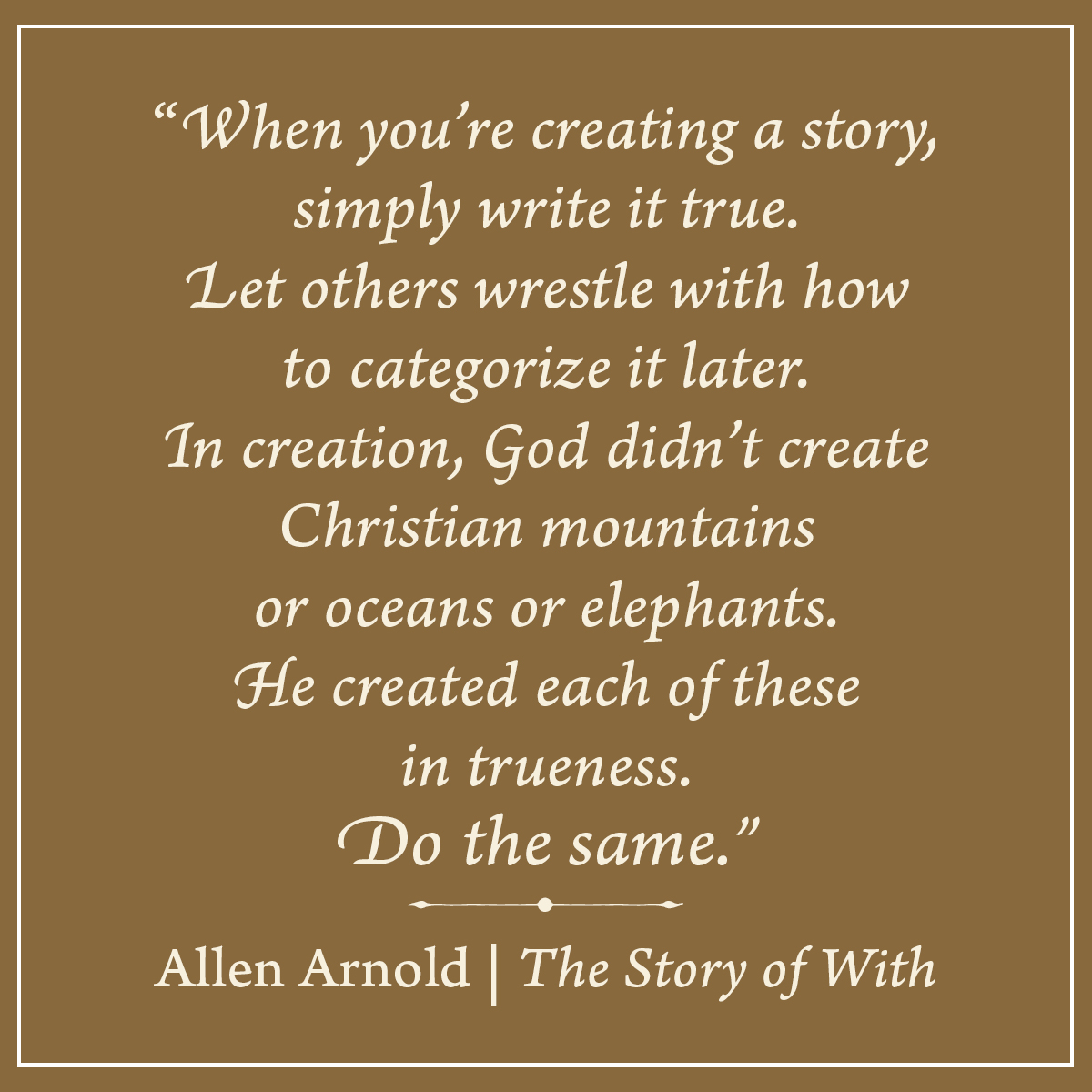
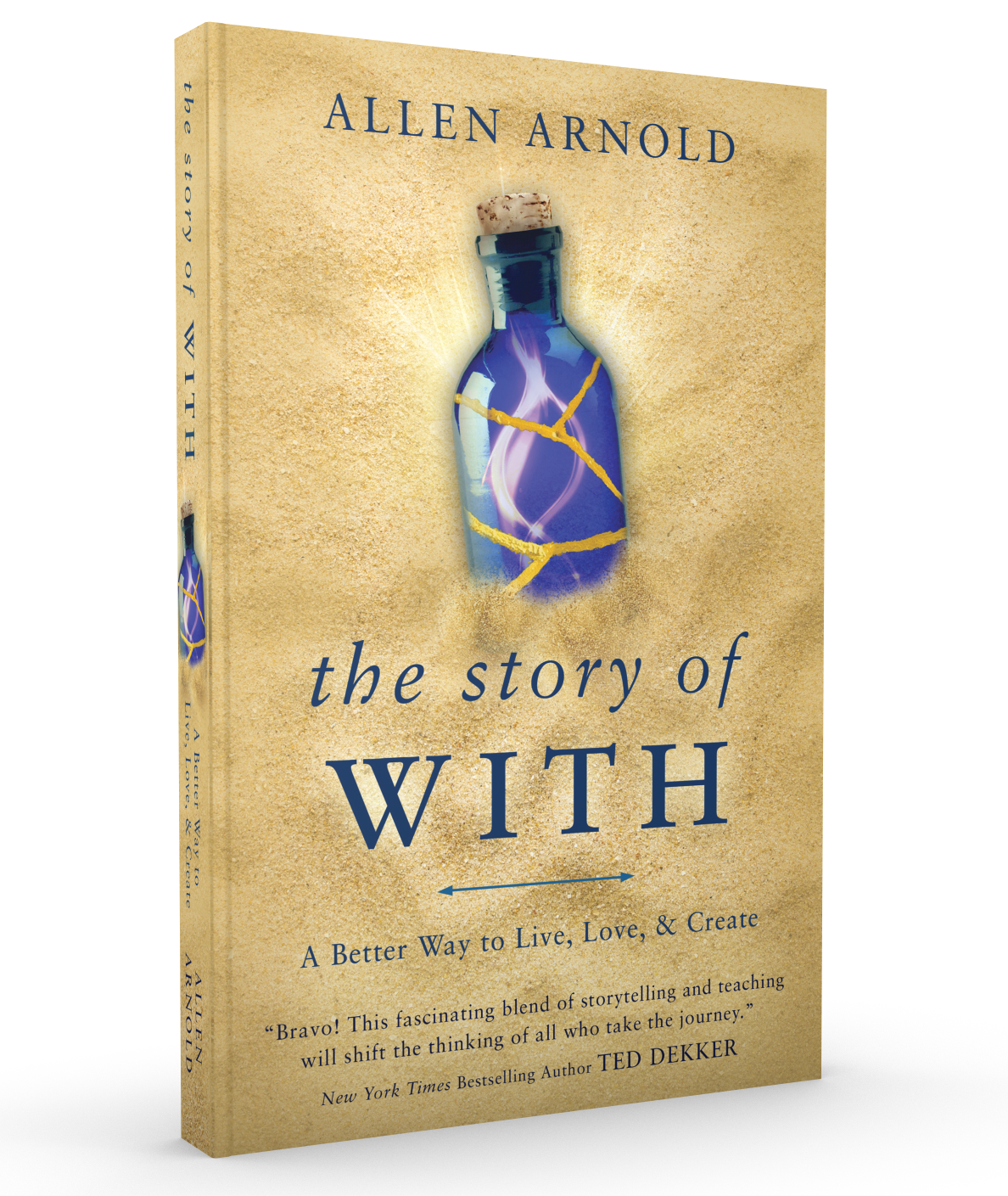
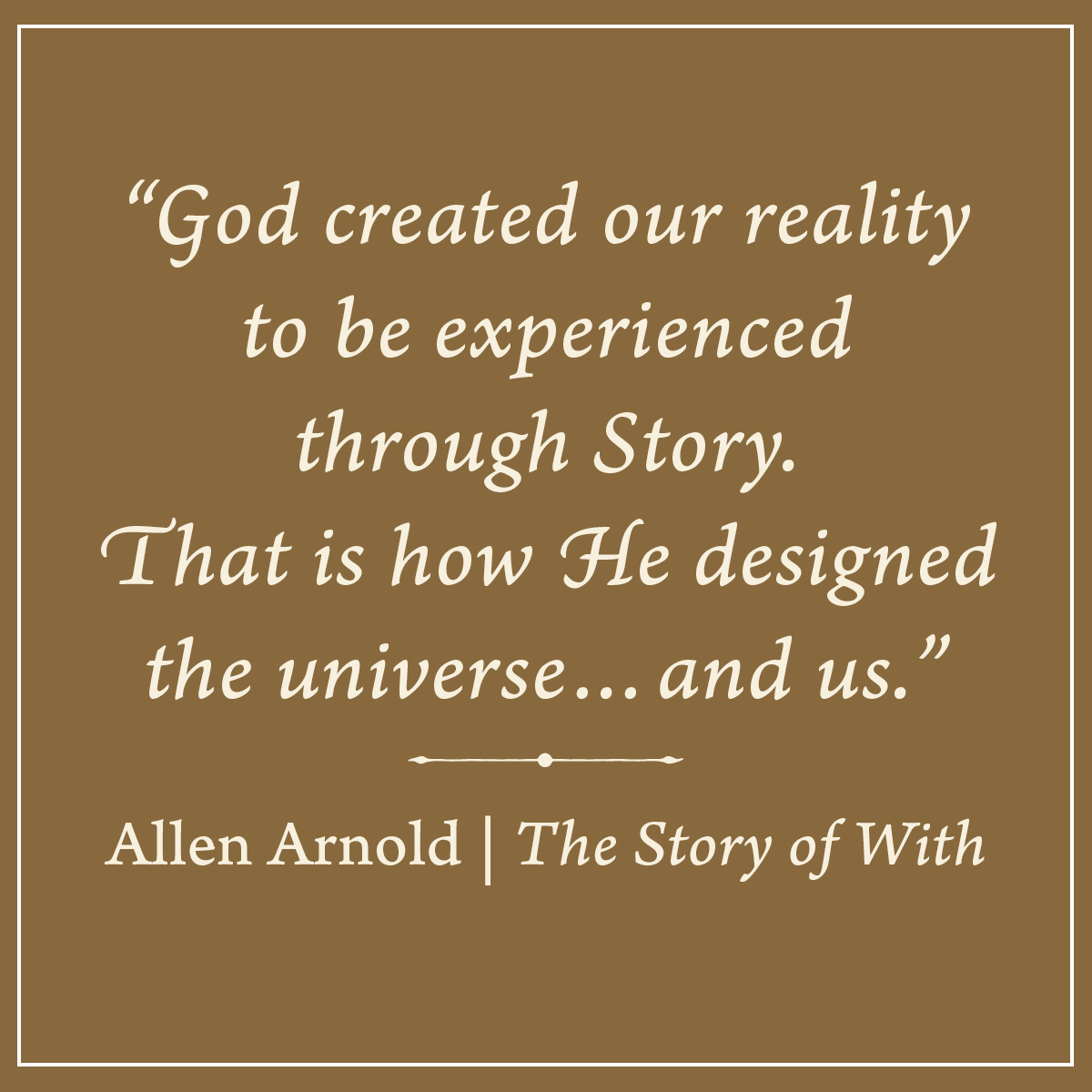
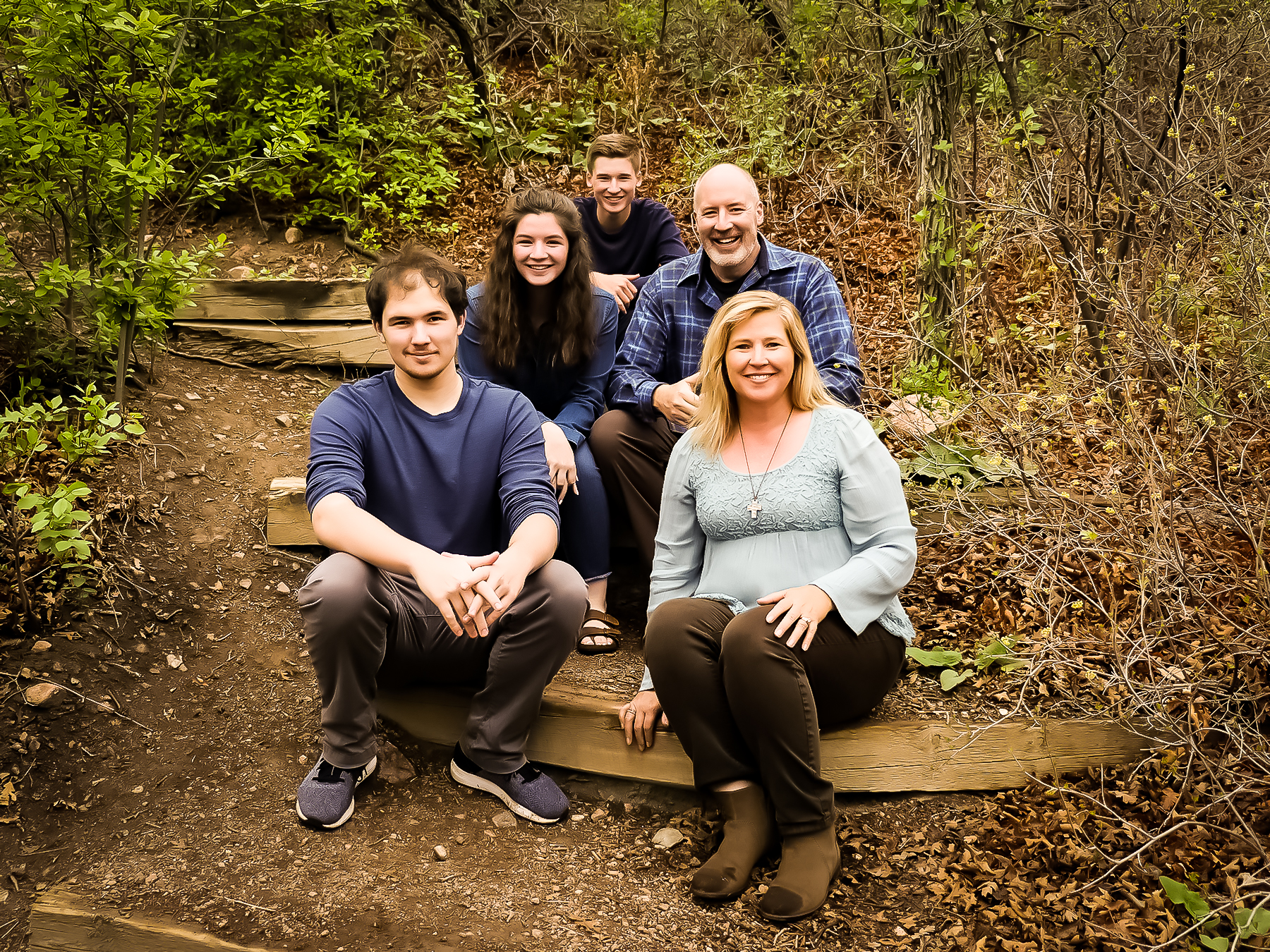
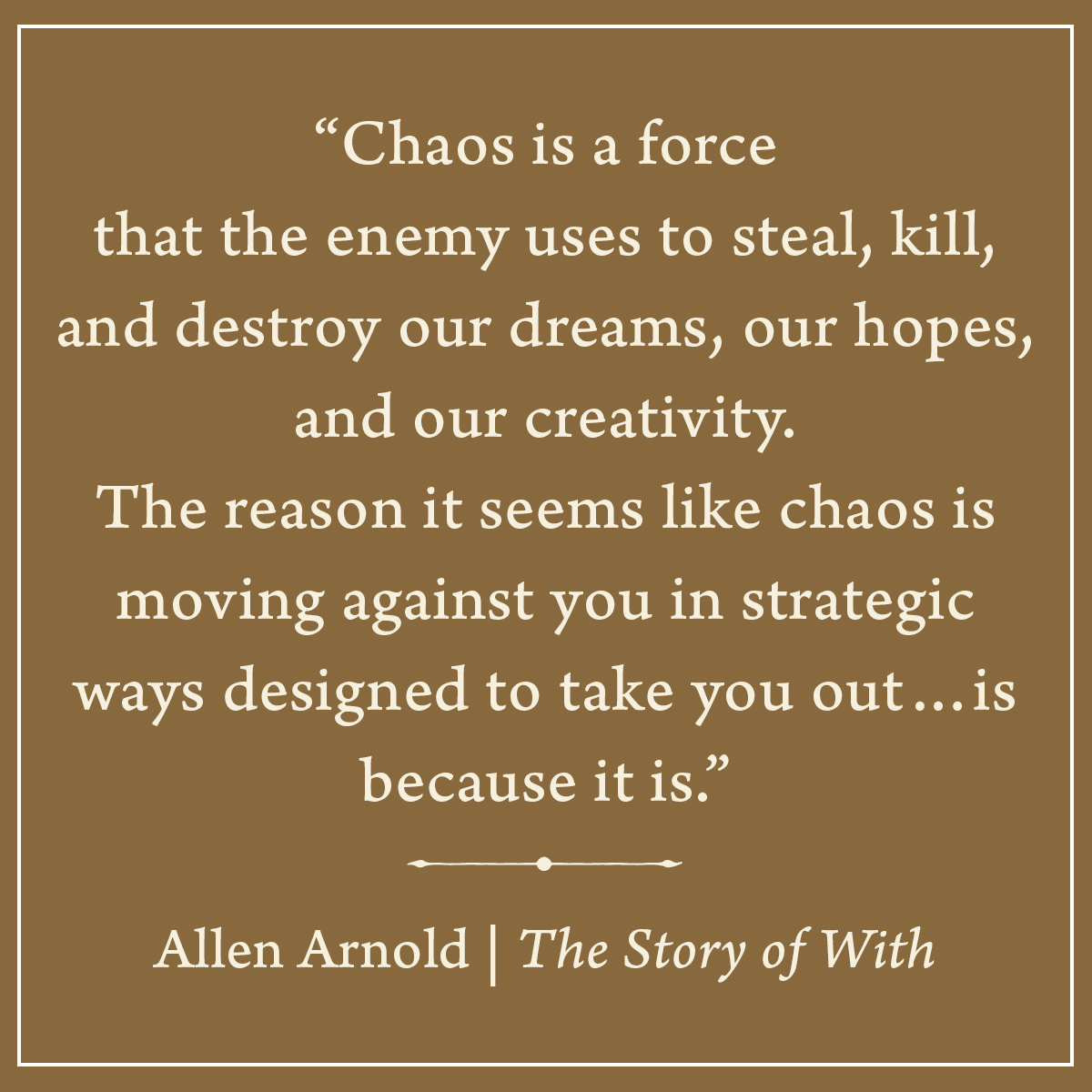
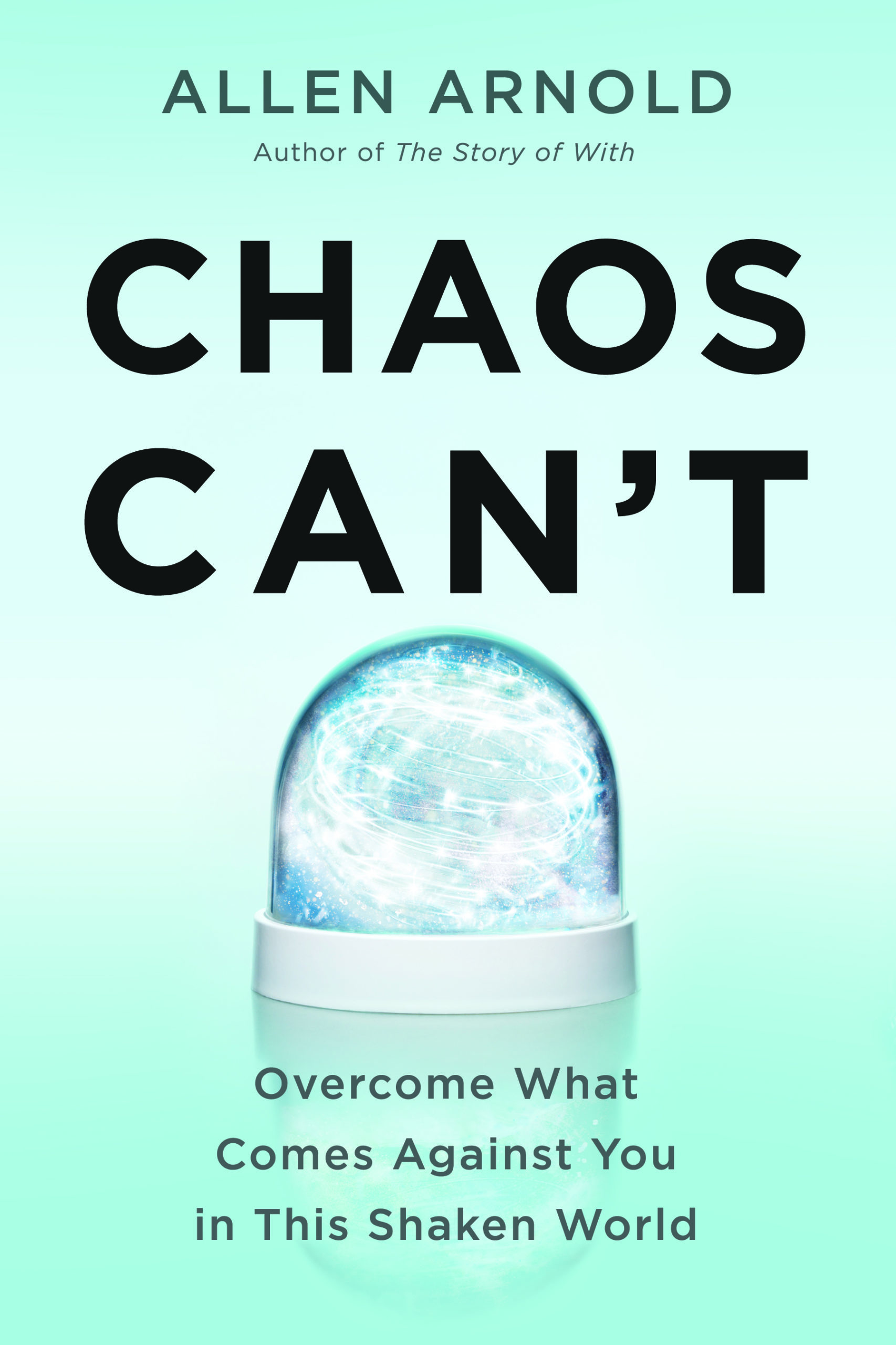
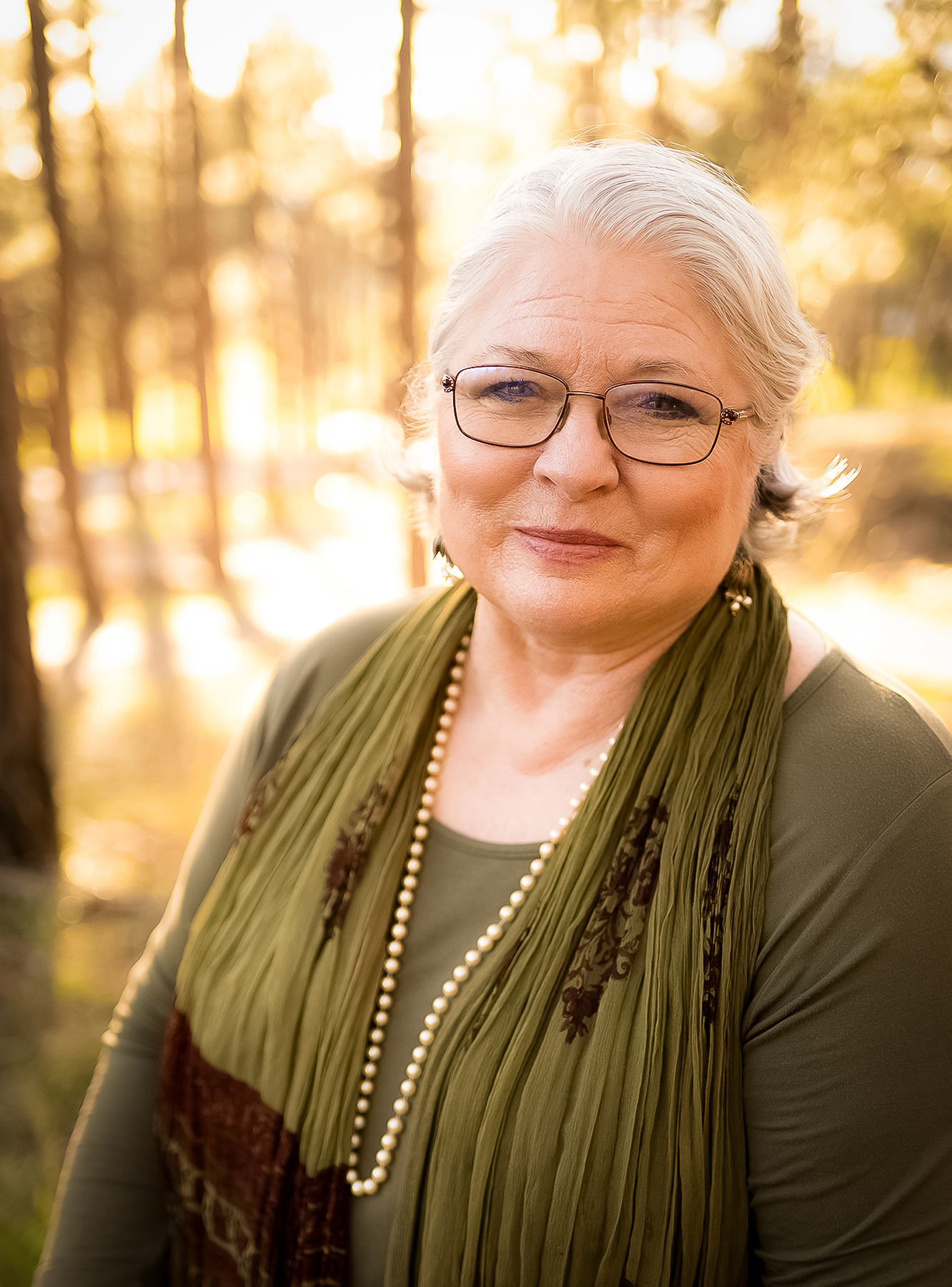
Needed to hear that!
Melody, I’m so glad this could meet you at a point of need and be a blessing! You’ll love the book!
Love love love this article! So much of what Allen says rings true in my heart! Thank you for putting it to words for all people to read and know that our living God wants us to know Him, share in creativity revealed, and live in His “freedom realm”! You’re amazing and I am blessed by these words of wisdom, truth and joy! What a gift from God!
Danielle, thank you so much for reading and sharing such kind words. Allen is indeed amazing and as generous as he is brave. Many blessings to you!
This is such a fantastic and inspiring article, thank you so much, Lancia!
Abby, I’m so glad this inspired you. The book is marvelous and I hope you find it nourishing to your soul and your creative life!